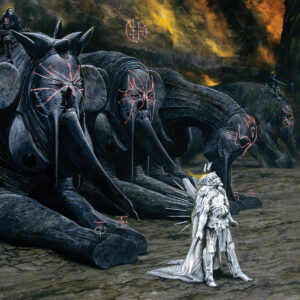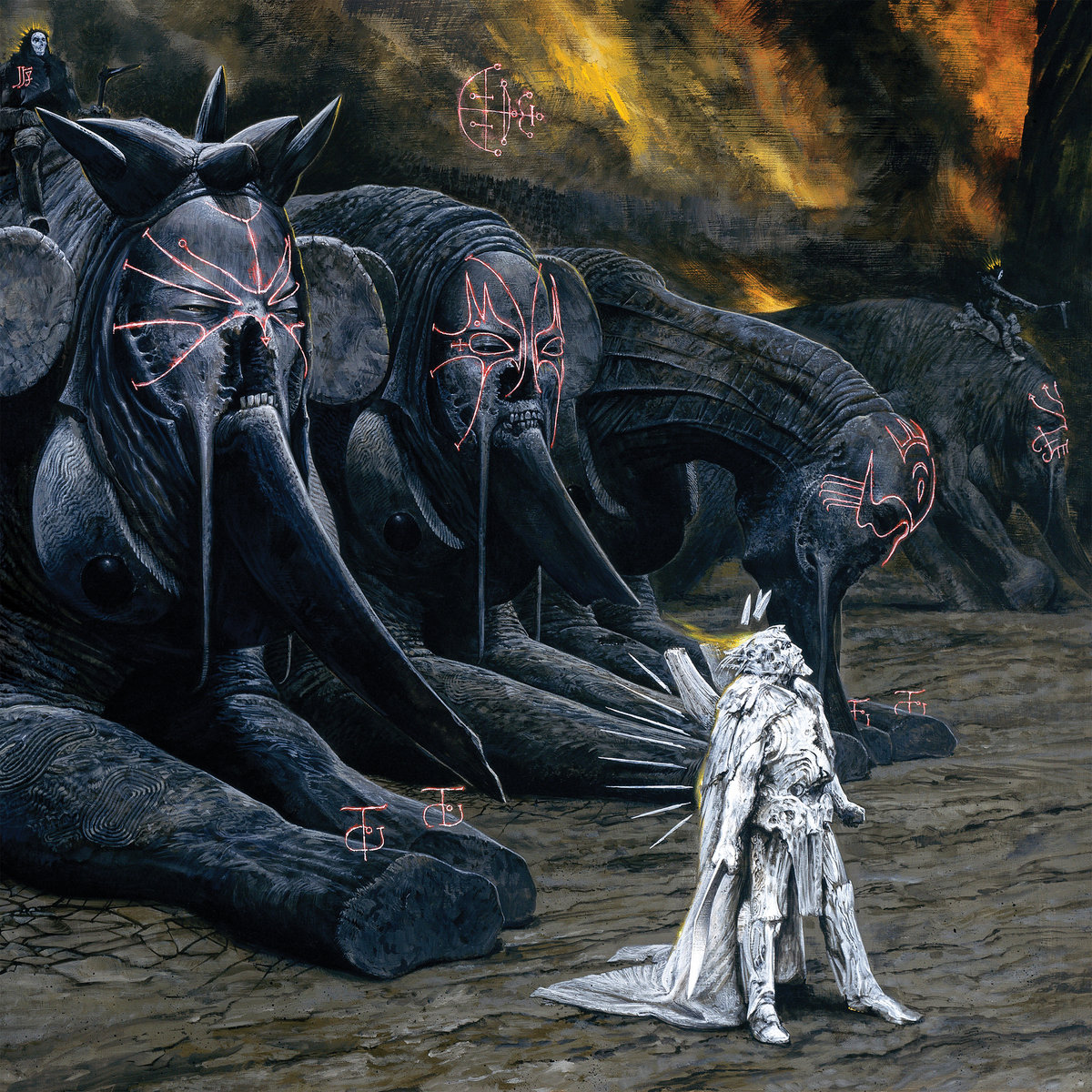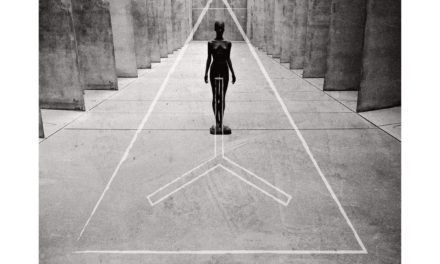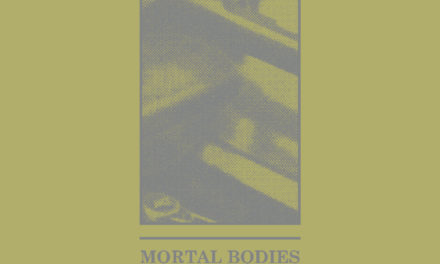
Lustmord
Much Unseen Is Also Here
Pelagic Records
As we discussed on a recent podcast on the subject of dark ambient, it’s tough to think of a more foundational figure in the emergence and codification of that genre, not to mention someone with a stronger catalog within it forty years on than Brian Williams of Lustmord. A slew of recent live, collaborative, and archival releases have served as a reminder of how far Williams has taken the moods and atmospheres he pioneered from their often willfully obscure origins and into the realms of video game and film soundtracking, as well as into a degree of critical acceptance far beyond the reach of even the most ambitious initiates who followed the trail he blazed. That recent work schedule has also occluded the fact that, depending on one’s definition of the format, Much Unseen Is Also Here could be taken as the first standalone LP of original, solo Lustmord work since 2016’s Dark Matter. It feels like a sojourn into the caves and abysses only Lustmord can map is long overdue, then, though as Much Unseen Is Also Here reminds us, Lustmord is an entity which operates on its own scope and scale.
Clocking in at a full 80 minutes, Much Unseen certainly isn’t cutting corners in giving each of its eight pieces as much time and space as is needed to unfurl. Yet, even by the already minimalist standards of the genre and the artist, it’s a decidedly stripped-down affair from a compositional standpoint. Opener “Behold A Voice As Thunder” communicates the aesthetic in immediate fashion (well, as immediate as a ten minute piece with no discernible rhythm can be), with deep drones, string pads so low as to be indistinct from choral ones, winter wind, and the occasional swell of brass or beat of some stygian timpani. However, no more than two of those elements are ever truly present in the mix for more than a few seconds, with each slowly cycling in and out of the speakers, not only putting the razor sharp command of sound design which has been Williams’ calling card in the spotlight, but also his ability to hold each moment and sound for all its worth.
The cornets on “Invocation Of The Nameless One” don’t break from this minimalism, but also show how Williams’ foray into soundtracking has been a two way street; it would be easy to take the piece for part of a Jóhann Jóhannsson or Jocelyn Pook score were it to be heard free of context. More difficult to place are the strings which guide “Hence Shall They Be Devoured All Of Them”, recorded with so much echo and space around them that their timbre almost curves into a brass sound. This isn’t just about the links between Lustmord and film, which were noted long before Williams actually started scoring, but also about Williams’ abilities with neo-classical instrumentation. Album centrepiece “An Angel Dissected” is a rare exception to the aforementioned minimalism, with its recurring piano refrain suggesting puzzled unease more than abject misery or the pure dread and terror associated with early Lustmord works (the latter is left to a slowly encroaching string section).
When we saw Lustmord’s fantastic set at Cold Waves in 2015, a fight nearly broke out in the crowd with one inebriated member of the audience taking umbrage at some perceived slight and insisting that he was a bigger Lustmord fan than any of the rest of us. In addition to being an irritation (though thankfully a momentary one), the petty outburst was at odds with the entire space and spirit Lustmord was invoking. The painting used as Much Unseen‘s cover art, demonic fantasy artist Wayne Barlowe’s “Sargatanas Before The Behemoths”, is indicative of this – rather than brash and noisome arrogance of needless confrontation, Lustmord holds to a lumbering and impassive malevolence which achieves its inscrutable ends on its own ponderous timeline. Recommended.






Trackbacks/Pingbacks